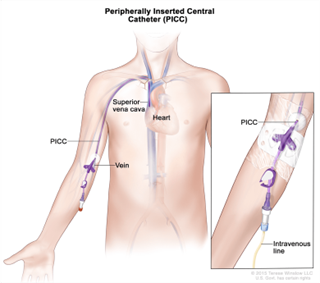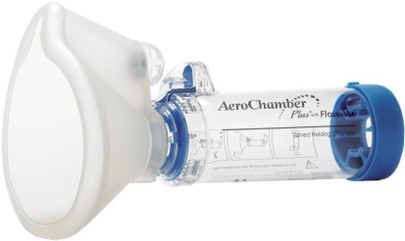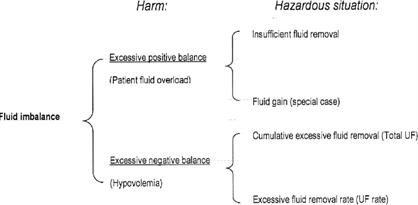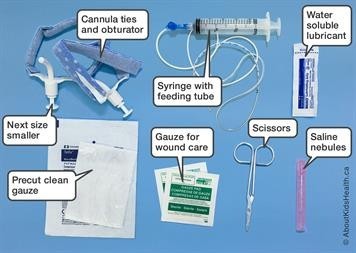Albuterol is prescribed for a 79-year-old male patient with severe COPD and Asthma You notice that he is having difficulty timing inhalation to receive the maximum dose of Albuterol. You give him a device to atach to the end of the Albuterol Inhaler called an aero chamber. You then educate him to before pumping the medication into the chamber.
Exhale
Hold his breath.
Take several deep breaths.
Inhale
The Correct Answer is A
Before pumping the medication into the chamber, you should educate the patient to exhale. This means that the patient should breathe out fully before using the inhaler. This helps to empty the lungs of air and create more space for the medication to be inhaled.


Nursing Test Bank
Naxlex Comprehensive Predictor Exams
Related Questions
Correct Answer is B
Explanation
Renal failure can cause a buildup of fluid in the body. When kidneys lose their filtering ability, dangerous levels of wastes may accumulate, and your blood’s chemical makeup may get out of balance. This can lead to fluid retention, causing swelling in your legs, ankles or feet.

Correct Answer is ["A","B","C","D","E"]
Explanation
A tracheostomy is a surgical procedure that involves creating an opening in the neck to establish a direct airway to the trachea. It is usually done in patients who require long-term mechanical ventilation or have upper airway obstruction. In case the tracheostomy becomes dislodged, the following equipment should be available to ensure the patient's safety:
Tracheostomy kit setup: This includes a new tracheostomy tube, obturator, and other equipment necessary to replace the dislodged tracheostomy tube.
Suction equipment: Dislodgement of the tracheostomy tube can cause airway obstruction due to the presence of secretions. Suction equipment can be used to remove the secretions and prevent airway obstruction.
Smaller Tracheostomy Tube and Same size Tracheostomy Tube: If the dislodged tracheostomy tube cannot be reinserted or is damaged, having smaller and same size tracheostomy tubes available can be helpful in establishing a new airway.
Ambu bag: This is a manual resuscitation device used to provide positive pressure ventilation to the patient. It can be used in case the patient's breathing is compromised due to airway obstruction.
Oxygen: The patient may require supplemental oxygen if their breathing is compromised due to airway obstruction.
Larger Tracheostomy Tube: A larger tracheostomy tube may not be needed immediately and may be contraindicated in some cases as it can cause trauma to the tracheal wall.

Whether you are a student looking to ace your exams or a practicing nurse seeking to enhance your expertise , our nursing education contents will empower you with the confidence and competence to make a difference in the lives of patients and become a respected leader in the healthcare field.
Visit Naxlex, invest in your future and unlock endless possibilities with our unparalleled nursing education contents today
Report Wrong Answer on the Current Question
Do you disagree with the answer? If yes, what is your expected answer? Explain.
Kindly be descriptive with the issue you are facing.
